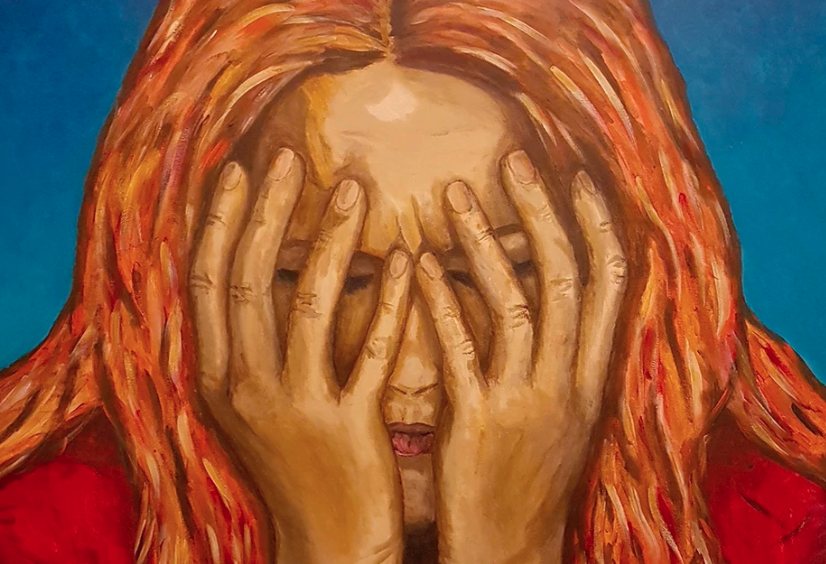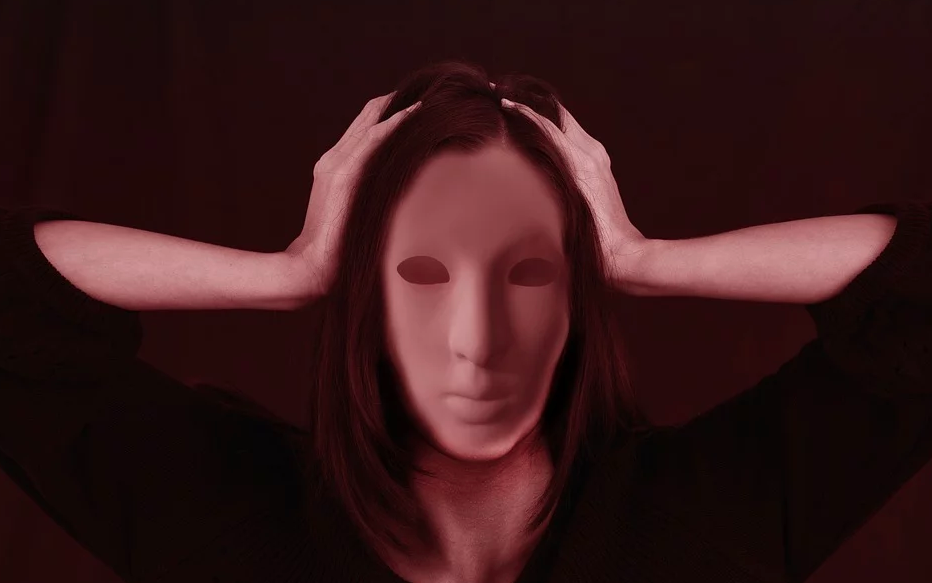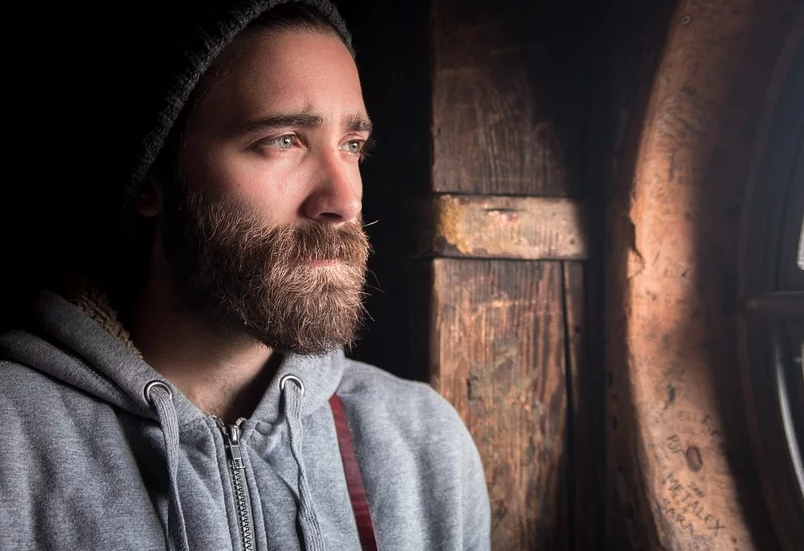
“If I were you, I’d just leave, I’d report the bastard, and that’d be the end of it.”
“Really? Would you?”
I was scrolling through a particularly annoying Twitter thread this morning pre-coffee—big mistake. I sometimes amaze myself at how I don’t take my own advice. Namely, never scroll through Twitter before being up, showered, and caffeinated.
Or for the super healthy option—never scroll through Twitter.
But too late for me this time. I have zero doubt that this has happened to you too, right? I was far down the rabbit hole of Twitter threads now. A twisted, long rabbit hole, narrow as some of the minds who spewed their judgement all over its dark walls. I needed to wake up properly before I could engage my compassion gears, I knew that. So I left it for a while and came back to it. Because it was an important discussion in truth—abusive family members and spouses, and why so many of us choose to endure it in silence.
The sheer volume and venom of the judgement I was reading was part of the “why,” ironically. I see this in my practice every week. Fear of judgement is a powerful motivator—or paralyser—as is so often the case. Some of the judgement on this Twitter thread came disguised as support and, in fairness, I’m guessing that most of these tweeters didn’t realise their tweets could land as judgement. But they could, and probably did.
Giant. Thud.

“If I were in as much pain as you, I’d leave. If he were treating me so badly I’d go find someone better who deserves me. If I hated myself that much I’d get help. Why do you put up with it? You seem too intelligent to be staying…That whole family is rotten to the core. They are all the same, keeping it quiet all these years. This would never happen in a normal family. I wouldn’t be afraid of someone like that – all bullies are secretly fear-filled cowards.”
But why might people not report abuse?
Not one tweeter asked: how can we better understand and support those who are in this nightmarish position? Am I really in a position to understand? Have I ever been truly afraid of another person? Have I ever been afraid for my life?
True help comes from true understanding—not just wanting to rescue or “fix,” which is noble, and beautifully intended, but not necessarily helpful.
Here’s a question to consider asking yourself when you come across a person who isn’t leaving/reporting/hitting back/standing up for themselves and all the other things that you would love them to do (of course you would!):
What exactly are they afraid of and why?
And here are four things that, in my experience at least, all who have experienced abuse share:
1. Judgement. Your judgement, my judgement, their own judgement, their family’s judgement, their abuser’s judgement. Why should that matter, you might ask? Because that’s how abuse works—you have learned that the quality of your life depends largely on the judgement of your abuser. So yes, it matters. Quite a lot. Even when you get away from your abuser, maybe even after they die.
2. Pain. Even more and possibly worse pain than they already feel. They fear the pain that their abuser will inflict to punish them for reporting, for blowing the lid on what might be years, maybe decades, maybe even generations of secrecy. This is why they might beg you not to tell anyone. The threat and unpredictable nature of this “new” pain can be genuinely scarier than the existing abuse.
3. Rejection. Not being believed by other family members, friends, relatives, workmates, guards, Twitter. Not being supported, and maybe losing what little they feel is left—figuratively and sometimes even literally.
And there’s the rejection of being blamed: how much drink did you have? What were you wearing? Did you not see the signs? I thought you were intelligent…did you not say no? He seems like a lovely guy, but you’ve always been a bit gobby, haven’t you. Okay, I can’t be in this relationship/friendship/family with you now that I know this about you. (These are things that have actually been said to people I know or have worked with as a therapist—I’m not making this stuff up!)
4. Shame. Because of all these things. That, in being judged, being punished, being rejected, a victim’s worst fears are confirmed. They are indeed worthless, stupid, and useless, doomed to a life of victimhood and aloneness. That the world is not safe—not just the part where the abuser is. That there’s something wrong with them. That the shame of what’s being done, or has been done, is theirs and theirs alone. Because they didn’t stop it, they didn’t take charge and call a halt. They didn’t defend themselves, that now that they’ve tried to fix those things, and reported it, things feel even worse. People might hate them more than the abuser. What a giant mess!Shame. It’s the abuser’s currency, and it comes in denominations of fear. It’s how they invest, save, and make withdrawals. It’s a nasty business.

People you know live in abusive situations and might not tell you. You might get clues—the uninvited brother to a wedding, the strongly dreaded family gatherings, the tension if there is an argument, the fear of perhaps causing offence, the over apologising, the jump at sudden noises.
There may be another reason they’re not telling you too. As a client of mine recently realised in a truly crushing moment of awareness: “Oh my God, I haven’t been the kind of person she could tell…”
But how can my silence possibly help?
As a friend, or a colleague or family member, your presence, silence, and its consequential absence of either approval or disapproval, can help a survivor to see that it’s okay to act when ready. When ready. And you will be there to support them. People are never ready when we want them to be, I’ve learned that one over and over. It’s not easy to watch, that’s for sure.
And so, next time you feel tempted to say “Well, if I were her/him/you,” try saying nothing. Try just listening. And if you’re moved to say something, maybe try: “I am here for you, I believe you, and I won’t tell you what to do.” They already have someone telling them what to do. They have done for a long time.
But by all means, do ask yourself: “Really, really, what would I do if my world were unsteady, unsafe, and shaming?”
Probably, for a long time, you’d do nothing.


 Share on bsky
Share on bsky




Read 4 comments and reply